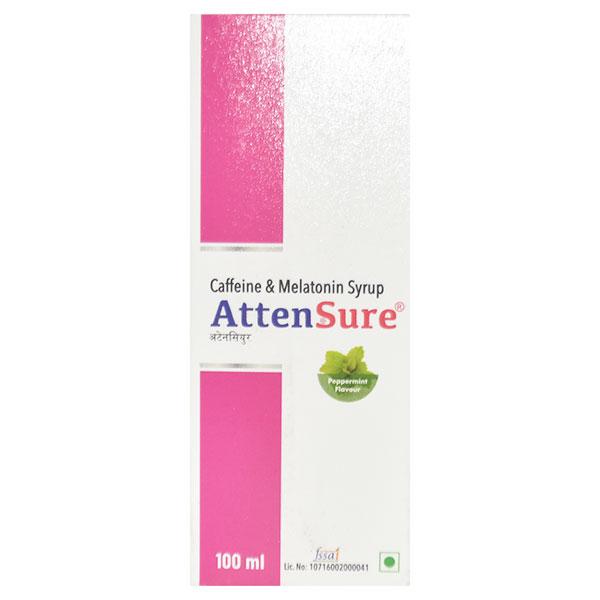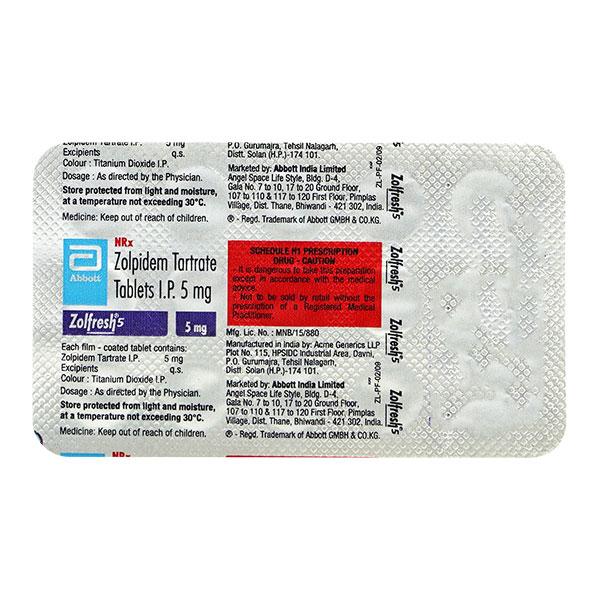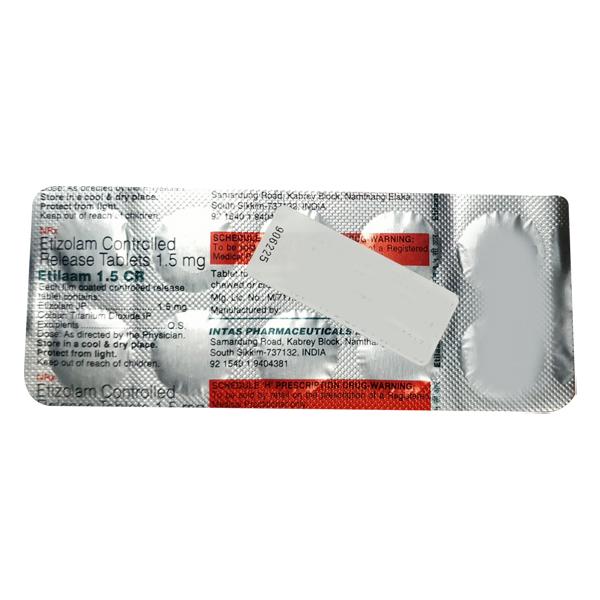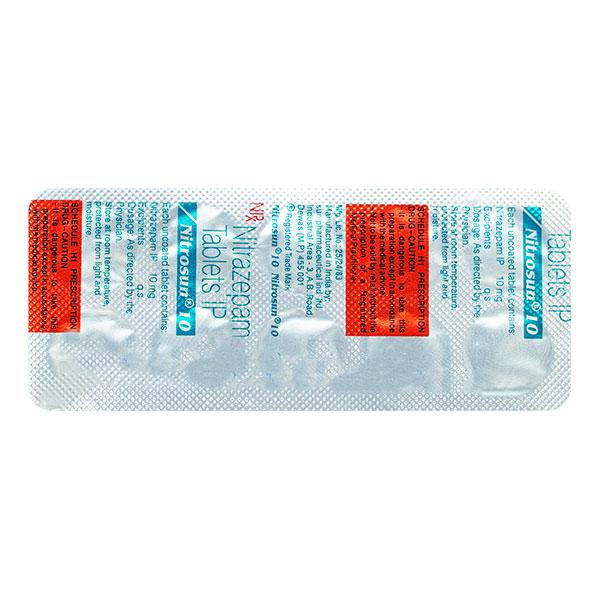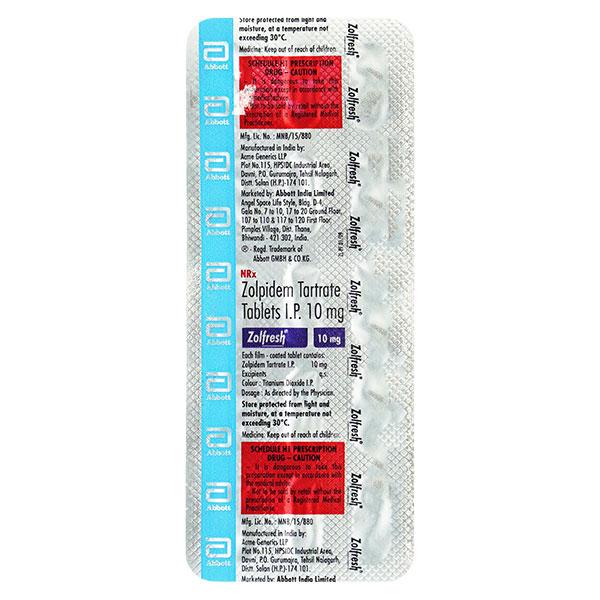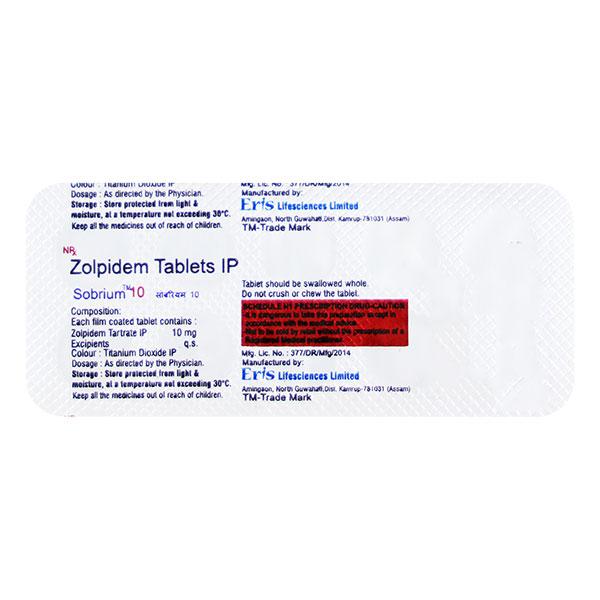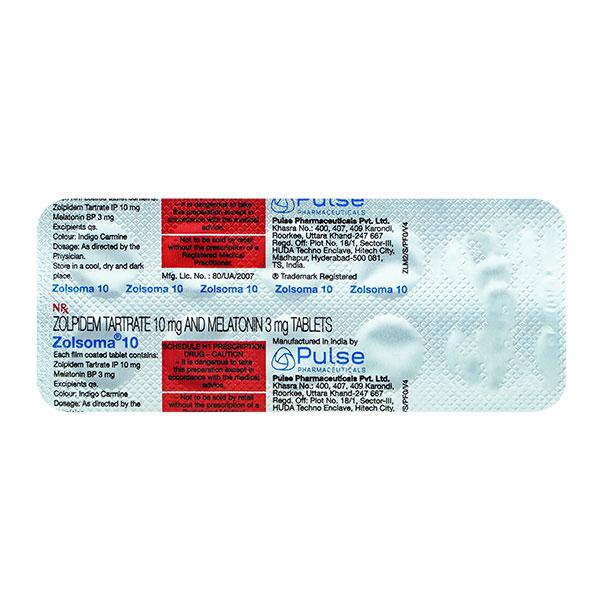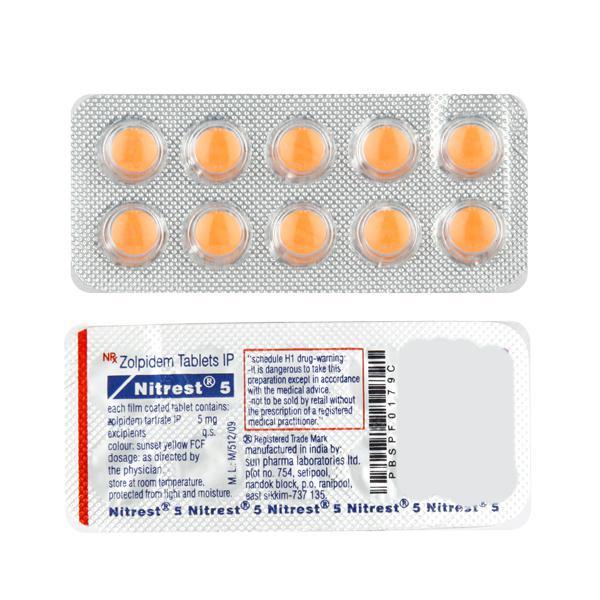


Hypnosis Drugs
Showing results in 'Hypnosis Drugs'

Hypnotics/hypnotic medications - Overview
Sedatives
Hypnotic medicines, also known as sedatives, sleep aids or sleeping pills, are medications used to treat insomnia and promote sleep. They work by targeting the brain's sleep-wake cycle to induce drowsiness and facilitate falling asleep and staying asleep.
It's important to note that hypnotic medicines should only be used under the guidance of a healthcare professional, as they can have side effects and potential risks, including dependence and tolerance if not used properly. They are typically prescribed for short-term use to address acute sleep problems or when other non-medication approaches have not been effective.
Doctors prescribe hypnotic medicines based on the specific sleep issue a person is experiencing. Hypnotics can be categorised into classes based on their function. Some common classes of hypnotic drugs include:
- Benzodiazepines:These drugs are prescribed to treat conditions such as insomnia, anxiety disorders, and seizures. They work by enhancing the effects of the neurotransmitter, gamma-aminobutyric acid (GABA), which promotes relaxation and sleepiness. E.g., temazepam and diazepam.
- Non-benzodiazepines (Z-drugs):These drugs are also sleep-inducing agents. They target GABA receptors, but they are milder and there are fewer reports of dependency and interactions with other medications. E.g., zolpidem, zaleplon, and eszopiclone.
- Melatonin agonists:These hypnosis tablets work by mimicking the effects of the hormone melatonin in the body, which helps regulate the sleep-wake cycle and helps some individuals manage depression. E.g., ramelteon and tasimelteon.
- Antidepressants:Some antidepressant medications, such as trazodone, are sometimes used off-label to help with sleep due to their sedative effects.
Difference In Hypnotic drugs
There are significant differences among hypnosis medicines. Some of the key differences among hypnotics include:
- Mechanism Of Action:Hypnotics work through various mechanisms to promote sleep. For example, benzodiazepines and non-benzodiazepines enhance the effects of GABA, while melatonin agonists mimic the hormone melatonin's actions in regulating the sleep-wake cycle.
- Sedative Effects:Hypnotics can vary in their sedative potency that ranges from mild to strong properties.
- Duration of Action:Hypnotics can have different durations of action. Some are short-acting and are used for immediate sleep induction, while others are longer-acting and help maintain sleep throughout the night.
- Tolerance and Dependence:Some hypnotics, especially benzodiazepines, can lead to tolerance and dependence. This means that over time, stopping the medication abruptly may result in withdrawal symptoms.
The drugs can be an effective tool in managing sleep disorders. The hypnotic tablets may cause day-time drowsiness, headache,nausea, and irritability among other side effects. Thus, they must be used responsibly and under the guidance of a specialist.
Ref:
https://www.sciencedirect.com/topics/neuroscience/melatonin-receptor-agonist
https://www.sciencedirect.com/topics/neuroscience/hypnotic#:~:text=Hypnotics%20are%20medications%20used%20to,(or%20melatonin%20receptor%20agonists).
https://www.healthinaging.org/tools-and-tips/ask-expert-sedative-hypnotic-drugs-and-related-medications#:~:text=A%3A%20There%20are%20two%20main,%2C%20and%20Sonata%20(zaleplon).


